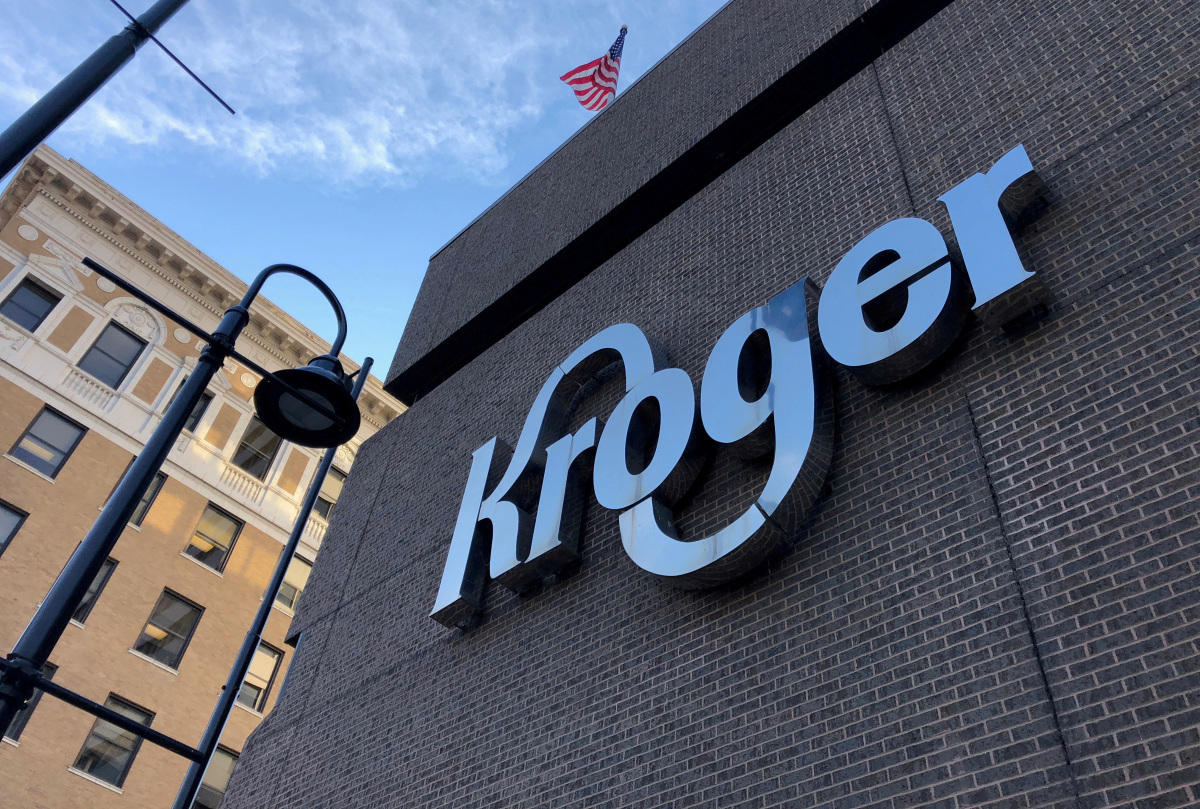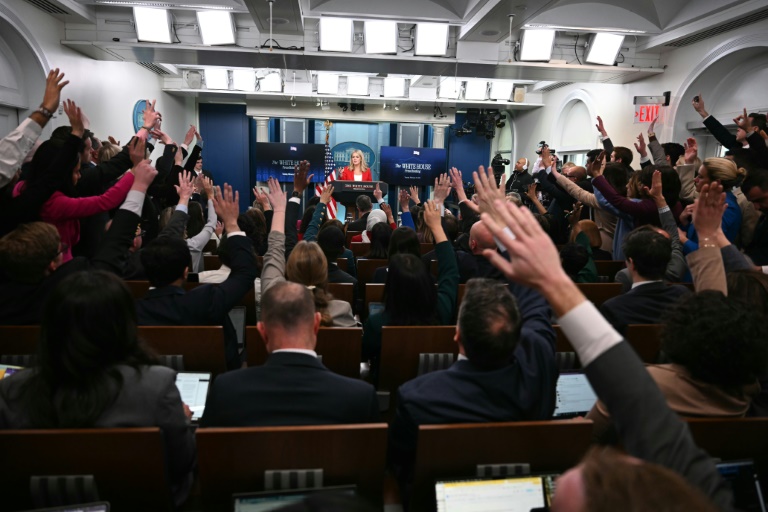The $24.6 billion merger between Kroger and Albertson’s, two of the supermarket chains in the U.S., could reportedly cost grocery workers nationwide more than $300 million annually.
In a policy memo released Monday, the Economic Policy Institute (EPI) said the merger would lower wages for 746,000 grocery store workers across over 50 metropolitan areas in the country.
“Increased concentration will suppress wages for all grocery store workers in affected cities — not only those workers currently employed by Kroger or Albertsons,” it noted.
The total annual earnings of grocery store workers are expected to decline by $334 million in affected regions.
“Earnings losses will be smaller in areas with a stronger union presence or a tighter labor market. In areas with weaker worker bargaining power, workers will experience larger wage declines,” the institute explained.
The policy memo also stated that workers would have a limited number of outside options for work, as the merger could reduce competition for hiring and retaining employees, according to Supermarket News.
As a result, grocery store workers’ earnings would decline.
“If the merger also leads to layoffs or hours cuts, this would add another dimension of damage to affected workers,” the policy memo added.
“Because Kroger and Albertsons employ about one-quarter of all grocery store employees, most of the wage losses caused by the merger will be a negative externality that falls on grocery store workers employed by other firms. On average, all grocery workers in affected markets will lose about $450 per year in wage income,” it said further.
The policy memo cited an April 28 op-ed in Cincinnati Enquirer in which Kroger CEO Rodney McMullen and Albertsons CEO Vivek Sankaran responded to public concerns about the merger, including job losses and store closures.
Addressing potential job losses and weakening unions, the two CEOs maintained that the combined company would set up one of the country’s largest unionized workforces to protect and expand opportunities for union jobs.
“Kroger committed to zero store closures as a result of the merger, and the company will invest in stores post-merger,” they said.
The news comes as the biggest union representing grocery store workers in the U.S. show opposition to the merger.
The United Food & Commercial Workers International Union expressed concerns over the potential store divestitures faced by the two chain stores with the merger, according to the Wall Street Journal.
Cincinnati-based Kroger first proposed purchasing Idaho-based Albertsons in October 2022 with the initial offer to pay $34.10 per share in a $20 million deal. The proposed merger has faced many regulatory hurdles ever since, including those from lawmakers who raise concerns over inflation in grocery prices.
Kroger and Albertsons, however, revealed that the merger would allow them to reduce their costs by approximately $500 million with more buying power from food makers.
“We have and will continue to engage constructively with the UFCW regarding the merger benefits and our divestiture plan, which includes no store closures or frontline associate layoffs as a result of the transaction,” Kroger said. “The only parties who would benefit if this merger is not completed are large, non-unionized competitors such as Walmart and Amazon.”
Rural towns are also closely monitoring the deal that is taking place at a time when food costs are running high. In February, a private lawsuit was filed in California, seeking to stop Kroger’s purchase of rival Albertsons. The suit alleged the merger “will be used to increase prices for groceries, decrease the quality of food, eliminate jobs, close stores and offer less choice for consumers.”
While Kroger has around 2,700 supermarkets across the country, Albertsons has about 2,200 stores in different states. If the deal pushes through, Kroger would reportedly absorb Albertsons and its supermarket chains under its corporate umbrella.







